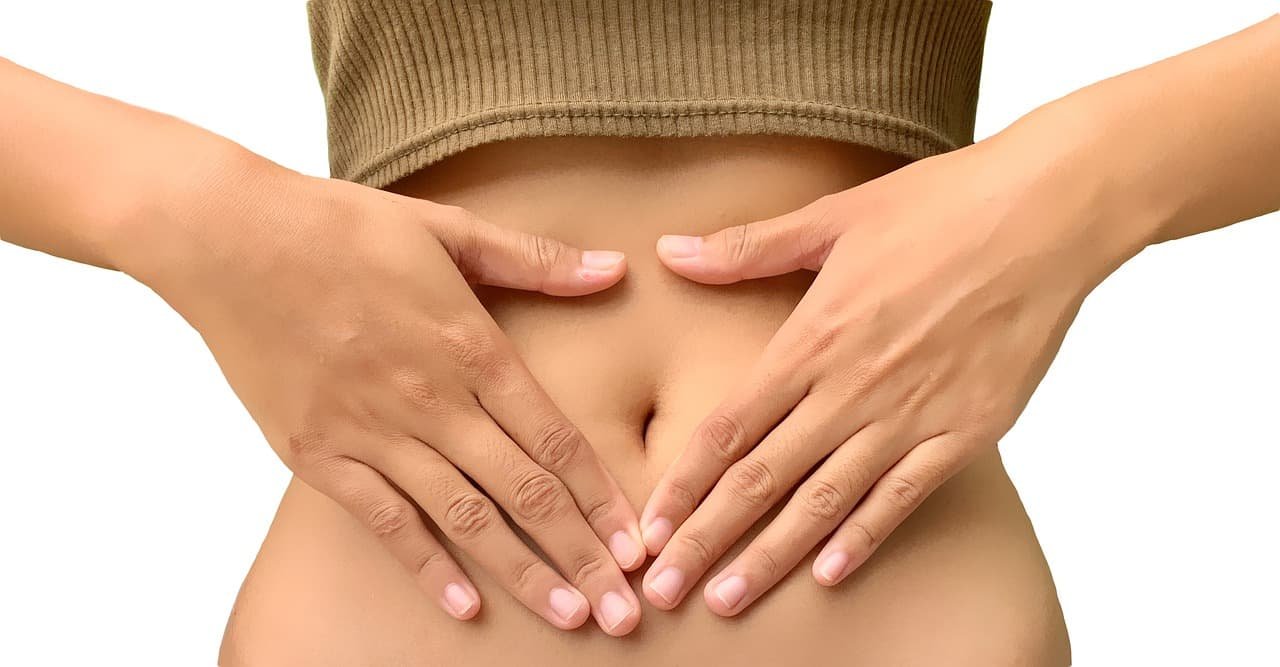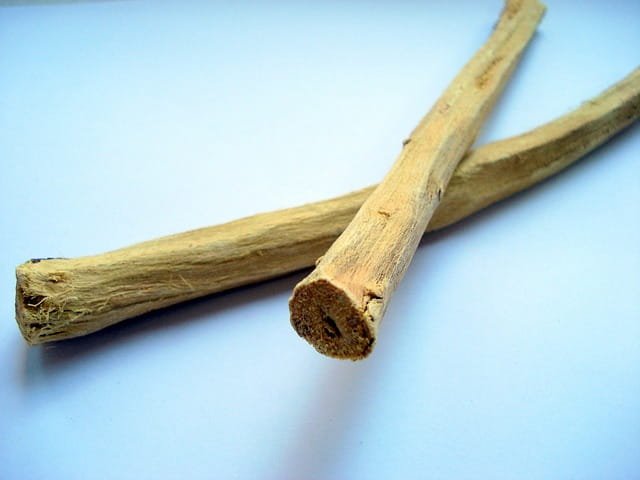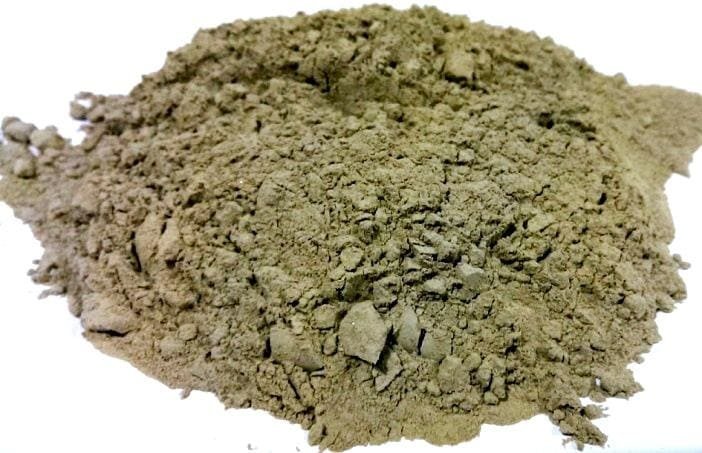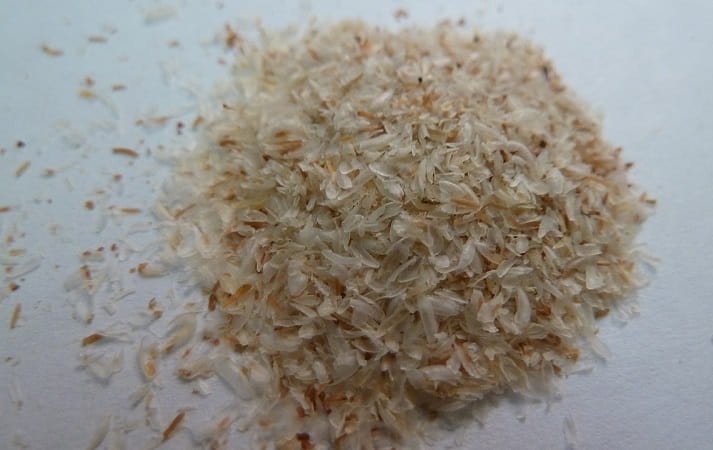18 Best Supplements for Gut Health: Improve Digestion, Immunity, and More

If you’re looking to improve your gut health, you’re in luck! There are many different supplements that can help. This blog post will discuss 18 of the best gut health supplements on the market today. We’ll go over each supplement and its benefits, so you can choose the right one for you.
Improving your gut health can lead to better digestion, stronger immunity, and even weight loss! So don’t wait any longer – start improving your gut health today with one of these amazing supplements!
What is Considered an unhealthy gut?
In simple terms, an unhealthy gut is a condition in which the digestive tract is irritated and inflamed. This can be caused by many factors such as poor diet choices or even stress.
In severe cases, it can lead to serious diseases.
The symptoms of having an unhealthy gut include bloating, gas, and even skin conditions such as acne.
Improving gut health can be done by improving diet and lifestyle choices, but the help of supplements is often needed to aid in the process.
☝ For each nutrient we mention in the list below, we have added links to supplements that we consider to the best. Some of them are being used by our editors.
Best Supplements for Gut Health
Below is a list of 18 of the best supplements for gut health Let’s have a look at them.
1) Probiotics
Probiotics are ‘good’ or helpful bacteria that help to maintain a healthy balance of bacteria in the gut. They aid in digestion by aiding food passage through the digestive tract, produce chemicals that fight harmful bacteria, and provide fuel for cells lining the colon.
Cultured foods, such as yogurt, have natural probiotics, but they are also available in supplement form.
The microbiome of the average human being is composed of over 400 types of bacteria, most of which reside in the gut. These helpful bacteria fight viruses and harmful bacteria, improve digestion by creating digestive enzymes, manufacture vitamins such as biotin and vitamin K, and crowd out unhealthy bacteria which can proliferate when their environment becomes too acidic.
2) Prebiotics
Prebiotics are food for probiotics. They are non-digestible fibers that act as nourishment for the healthy bacteria in your gut, helping them grow and multiply.
Prebiotics are found naturally in many root vegetables such as chicory root, onions, leeks, and artichokes. You can also find prebiotics in supplement form.
Related: Healthy Gut 101: Probiotics & Prebiotics Benefits and How they Affect Your Gut [Infographic]
Probiotics are live microorganisms that confer a health benefit on the host when administered in adequate amounts. They are found naturally in our digestive system and improve gut health by balancing out the ‘bad’ or harmful bacteria.
Prebiotics help to feed these probiotics, allowing them to multiply and fight off bad bacteria more effectively. Since stress is a common cause of an unhealthy gut, probiotics can help as stress affects the good bacteria as well as bad.
When we are stressed, we often neglect to eat healthily and turn to comfort foods that aren’t good for us. Probiotics may be able to help with stress-related digestive issues such as bloating and diarrhea.
3) Licorice Root Extract

The licorice root extract has many beneficial properties, but one of the most important is that it can act as an anti-inflammatory. Chronic inflammation in the digestive tract can lead to conditions such as ulcerative colitis and Crohn’s disease.
The inflammatory response can be triggered by various things, including poor diet choices, stress, and even infection. The licorice root extract in Digestion Plus helps to fight this inflammation and improve gut health.
Licorice root extract can help your digestive system by acting as a natural anti-inflammatory. It has been shown that chronic inflammation in the gut is linked to conditions such as ulcerative colitis and Crohn’s disease. By fighting this inflammation, licorice root can help improve your gut health.
4) Collagen Protein
Collagen is a protein that can help to strengthen your digestive tract. It aids in the regeneration of cells involved with the digestive process, such as mucus and muscle cells in the intestinal wall. This helps to improve peristalsis and nutrient absorption while also keeping your digestive tract functioning properly.
Collagen protein is generally considered safe and well-tolerated. However, there are some potential side effects to be aware of when using this supplement, including nausea, vomiting, and diarrhea.
It’s also worth noting that this supplement should not be taken by individuals who have been diagnosed with a bleeding disorder or by pregnant or breastfeeding women.
5) L-Glutamine
L-glutamine is an amino acid that creates a protective lining on the stomach and intestinal wall. This reduces damage to these cells from harmful substances such as digestive enzymes, thus reducing inflammation and cell mutation risk.
It can help your gut recover from conditions such as irritable bowel syndrome, ulcerative colitis, and Crohn’s disease.
L-glutamine peptides are made from glutamic acid, which is an amino acid present in many foods. It is needed for the creation of proteins and to help maintain muscle mass throughout your body. However, after heavy exercise or other strenuous activities, your levels of L-glutamine may be depleted.
The amino acids in Digestion Plus can help replenish your L-glutamine levels and aid in muscle recovery, making it great for those who exercise often.
6) Zinc Carnosine
Zinc carnosine is a combination of the mineral zinc and the amino acid L-carnosine. It can help to reduce inflammation, which in turn helps to maintain healthy digestive function. It also has antioxidant properties, protecting your body’s cells from free radicals that can damage them.
How can it help your gut?
Zinc carnosine can help to balance intestinal microbiota and fight infections. It also helps to optimize your digestive tract’s enzymatic functions. This, in turn, reduces inflammation and other conditions which can harm the gut
7) Inulin Fiber
Inulin fiber is a type of dietary fiber that can improve your digestive health. It acts as a prebiotic, feeding the good bacteria in your gut and helping them to multiply.
These probiotics help to fight bad bacteria and yeast infections while also improving peristalsis and nutrient absorption. Inulin is often used in combination with other supplements to improve its effects.
How can it help your gut?
Inulin can help your digestive system to return to optimal function after suffering from conditions such as irritable bowel syndrome and ulcerative colitis. It also improves the absorption of nutrients and minerals, which can increase energy levels.
8) Wormwood (Artemisia)
Wormwood has been used as a medicinal herb since ancient times. It can help to fight infections and reduce inflammation in the digestive tract.
This, in turn, can help your gut return to optimal function after suffering from conditions such as irritable bowel syndrome and ulcerative colitis.
Wormwood is often used in combination with other supplements because of its various therapeutic properties. It can help to fight infection, reduce inflammation and regulate the immune system. Wormwood also has antioxidant properties which protect your body’s cells from damage.
9) Moringa Leaf Powder
Moringa leaf powder is an edible plant that can provide many health benefits. One of these is its ability to reduce inflammation in the digestive tract. It also acts as an antioxidant, helping your body’s cells fight free radicals that can damage them.
Moringa leaf powder reduces inflammation and regulates your immune system. It can also aid in the treatment of various digestive conditions such as irritable bowel syndrome and ulcerative colitis.
10) Marshmallow Root Extract
Marshmallow root extract is a dietary supplement that can improve the digestive tract’s condition. It has antioxidant and anti-inflammatory effects, allowing it to fight harmful free radicals and reduce inflammation in your gut.
These actions help to return the digestive system to optimal function after suffering from conditions such as irritable bowel syndrome and ulcerative colitis.
Marshmallow root extract contains antioxidants that protect the body’s cells from damage. It also has anti-inflammatory properties, allowing it to reduce inflammation in the digestive tract.
11) Bentonite Clay

Bentonite clay contains a large number of minerals, including calcium, magnesium, and iron. It also has detoxifying properties, which can help to return your digestive tract to optimal function after suffering from conditions such as irritable bowel syndrome and ulcerative colitis. In addition, it can reduce inflammation by removing harmful toxins from the gut.
Bentonite clay is often used to treat digestive conditions such as irritable bowel syndrome and ulcerative colitis. It can also reduce inflammation by removing harmful free radicals from the body.
12) Peppermint Oil: To Ease IBS Symptoms
Peppermint oil can ease the symptoms of irritable bowel syndrome (IBS) by improving the digestive tract’s peristalsis. This action can, in turn, reduce bloating and pain associated with this condition.
Related: How To Tell If Essential Oils Are Pure and How to Make Essential Oils At Home
Peppermint oil helps to fight harmful free radicals, which can reduce inflammation in your body. It also improves the digestive tract’s peristalsis, which reduces the symptoms of irritable bowel syndrome (IBS).
13) Psyllium Husks

Psyllium husks contain a soluble fiber called mucilage, which can help to relieve symptoms of IBS. They also improve digestion and prevent constipation, reducing problems such as bloating, cramps, and pain that are associated with this condition.
Psyllium husks contain a soluble fiber called mucilage. This is a gel-like substance that can help relieve IBS symptoms by improving digestion and preventing constipation.
14) Aloe Vera Juice

Aloe vera juice contains polysaccharides, which are natural compounds in plants that can help to regulate the digestive tract’s function. It can improve digestion and prevent constipation, easing IBS symptoms in the process.
Aloe vera juice contains a soluble fiber called mucilage, which is a gel-like substance that can improve digestion and relieve IBS symptoms. In addition, it contains polysaccharides that regulate the digestive tract’s function
15) Digestive Enzymes
Digestive enzymes contain different polypeptides, which can break down complex proteins. They also have antioxidant effects, allowing them to reduce inflammation in your digestive tract.
Digestive enzymes have antioxidant effects, which allow them to fight harmful free radicals and reduce inflammation in the digestive tract. In addition, they can break down complex proteins, easing the symptoms of digestive conditions such as irritable bowel syndrome and ulcerative colitis.
16) Apple Cider Vinegar
Apple cider vinegar contains acetic acid, which can help relieve IBS symptoms. It also reduces inflammation in your digestive tract by killing harmful microbial organisms.
How can it help your gut?
Apple cider vinegar contains acetic acid, which can kill harmful microbes and reduce inflammation in the digestive tract. In addition, it contains insoluble fiber, which can help to improve digestion and prevent constipation, easing the symptoms of irritable bowel syndrome (IBS).
17) Bone Broth
Bone broth contains collagen, which is a type of protein that can improve the digestive tract’s function. It also contains amino acids which have antioxidant properties and reduce inflammation in your gut.
Collagen is a type of protein that increases the production of epithelial cells in the digestive tract. In addition, it contains amino acids which have antioxidant properties and reduce inflammation in the gut.
18) Magnesium: A Calming Mineral
Magnesium is an intracellular mineral with calming properties. It can help to reduce stress levels, which will, in turn, improve the function of your digestive tract.
Psychological stress can lead to digestive conditions such as irritable bowel syndrome and ulcerative colitis if left untreated, as it can disrupt the digestive tract’s function.
Magnesium is an intracellular mineral that can help to reduce stress levels and improve your digestive tract’s function, easing these conditions.

Magnesium Breakthrough
The Most Potent, Complete, First FULL SPECTRUM Magnesium Formula Ever: Magnesium Breakthrough (full review) is a complete formula that includes naturally-derived forms of all 7 forms of supplemental magnesium. Magnesium Breakthrough is an incredible value, considering it’s one of the most transformative supplements any human being can take. May support digestion and promote a more restful sleep.
Conclusion
By adding at least some of the above mentioned best supplements for gut health in your life your will start experiencing less bloating and better digestion. Plus, because these nutrients play an enormous role to other functions of our bodies, you will start feeling healthier and better throughout hte day.
